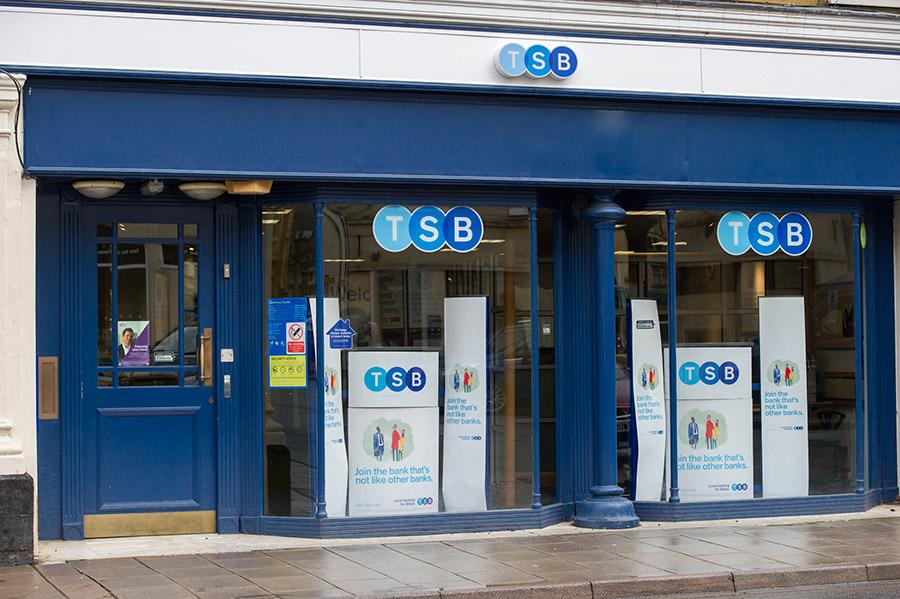TSB's fraud pledge: Now other banks should follow suit
After last year's IT Snafu the bank, which has just announced a cut to savers' interest rates, has found itself a PR win

Your support helps us to tell the story
From reproductive rights to climate change to Big Tech, The Independent is on the ground when the story is developing. Whether it's investigating the financials of Elon Musk's pro-Trump PAC or producing our latest documentary, 'The A Word', which shines a light on the American women fighting for reproductive rights, we know how important it is to parse out the facts from the messaging.
At such a critical moment in US history, we need reporters on the ground. Your donation allows us to keep sending journalists to speak to both sides of the story.
The Independent is trusted by Americans across the entire political spectrum. And unlike many other quality news outlets, we choose not to lock Americans out of our reporting and analysis with paywalls. We believe quality journalism should be available to everyone, paid for by those who can afford it.
Your support makes all the difference.It’s easy to be cynical about TSB’s fraud pledge that guarantees customers won’t suffer if they lose out through getting tricked by scam artists.
This is a business that was brought to its knees last year by an IT meltdown. It compounded the problem by the dismal way it communicated with customers during the active phase.
The bank also recently unveiled a sharp cut to the fancy interest rates available to savers. Former boss Paul Pester, who departed in the wake of the IT snafu, once said 5 per cent was forever. Apparently forever now means 14 months after which it becomes 3 per cent.
As you might imagine, this is a business in serious need of some good PR.
But regardless of its motivations for making it, the fraud pledge matters.
Fraudsters are sophisticated and clever, and the banking system has some notable gaps within it that they are able to exploit with relative ease.
If your details are stolen and you have money taken from your account, they will compensate you. But if you’re tricked into giving your details to a scam artist, or if you are conned into sending a payment to the wrong account, an all too common event, you may not get anything back.
Falling victim to this sort of thing can be devastating. Worse still is that fact that if you get hit once the chances are that you’ll get hit again. Criminals share people’s details in the same way that corporations do. The elderly and vulnerable are particularly prone to being targetted.
A code of practice is due to come into force next year offering more protection, but it isn’t all encompassing. The phrase “gross negligence” is in there, which you can bet some banks will interpret as applying to anyone unfortunate enough to get tricked.
So the TSB pledge matters.
The bank says it will cover anyone who gets caught out up to a maximum of £1m. I’ve spoken to its head of fraud, and have been assured that there will be no “gross negligence” get out. If you get turned over, you’re covered.
Its rivals should take note, and follow suit. The reality is we shouldn’t be having this conversation. The internet is catnip to fraudsters. It makes their lives easy.
Had banks invested in preventative systems in response, a lot of people would have been saved a lot of pain, and millions of pounds would have been kept out of the pockets of criminals. Instead they chose to sit on their hands.
In taking unilateral action, TSB might just have discovered a competitive advantage through doing the right thing that could help to erase memories of its IT mess.
If I were running the show, I’d be inclined to make a big song and dance about it in my marketing because I doubt its rivals will act.
Join our commenting forum
Join thought-provoking conversations, follow other Independent readers and see their replies
Comments